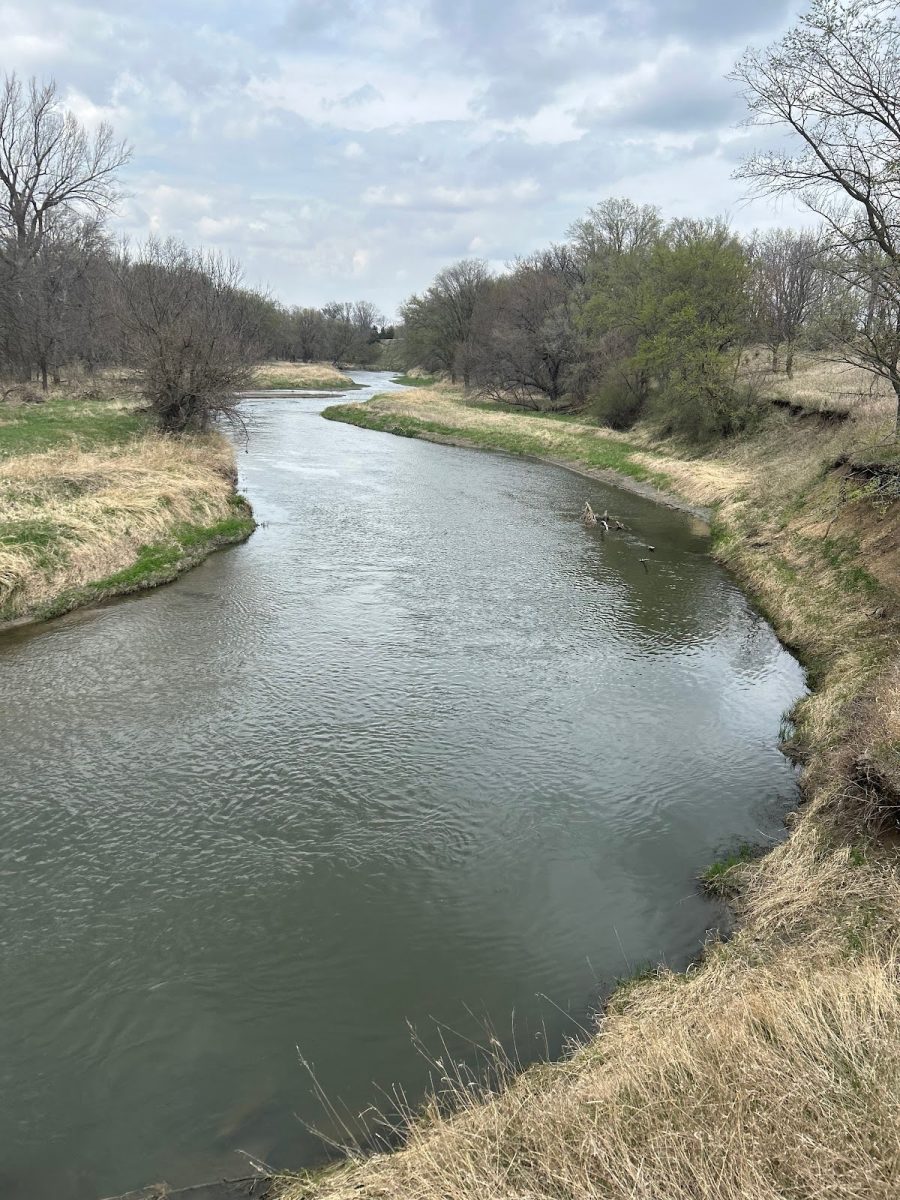Humans depend on water as an essential need to survive. So what happens when the resources we need are so polluted that our water is leading to severe health problems? Iowans are suffering from poor drinking water around the state due to high levels of fertilizer and nitrates in the water.
Iowa’s economy heavily revolves around agriculture. However, agriculture runoff in Iowa is detrimentally affecting our water sources. Water sources in Iowa are appalling, some of the worst in the nation, and this affects everyone from newborns to livestock.
Researchers note that the level of nitrates should stay below 10 milligrams per liter, but recent reports show much of our water in Iowa surpasses that level (NPR). Excess nitrates in water correlate to birth defects, thyroid problems and cancer, all major concerns that need to be addressed.
Bill Brenny, an advocate for nature in Iowa and partner of the DNR, is familiar with Iowa’s poor water.
“Iowa has the second highest cancer rates in the state, possibly correlating to the poor water quality, however there is simply not enough research,” said Brenny.
Nitrates are found in fertilizers, pesticides and waste. When these chemicals turn into runoff, they bring nitrates with them that pollute our water, detrimentally affecting our water quality (Food and Water Watch).
The Cedar River, Des Moines River, Iowa River, Raccoon River and South Skunk River are all major sources of water in Iowa that suffer high levels of nitrates and fertilizers (Food and Water Watch).
Racoon River is roughly 31 miles long. It is a river running through central Iowa that is a watershed of the Mississippi River. Racoon River provides water for around 500,000 people in Iowa. However, it has become extremely polluted from industrial and agricultural runoff (American Rivers).
Racoon River has some of the highest nitrate concentration in the United States for a river its size, a concerning statistic for one of our main water sources (IPR).
“The North Racoon River, which runs right through Sac City, is notably very poor,” said Brenny.
In addition to the health toll, water pollution in Iowa is extremely expensive to keep at regulated levels. It is economically not sustainable. Des Moines alone has spent millions of dollars on keeping the nitrates and fertilizers in our water below federal rates (APM Reports). However, funding is considerably decreasing for water testing and not enough is being done.
“[T]here is really very little the state has done to control water quality and pollution in our water,” said Brenny. “They had a good program setup for testing water quality funded by several millions of dollars and they just canceled it, so no more testing water.”
There are many problems in our world right now, but in Iowa, it is vital we pay attention to our water sources, as it is causing major health problems and challenges around the state. Solutions to this dire problem can start from the route of the cause: farming practices. Farmers can leave the soil undisturbed, leaving cover crops that can slow and soak up runoff (EPA).
Additionally, there are other solutions such as planting trees and shrubs in farms to act as physical barriers. Farmers can also utilize nutrient management techniques that allow the proper use of fertilizers and the correct amounts, preventing excessive chemicals in our soil that pollute our water (FBFS).
“I think it is a travesty that we allow our water to be polluted mostly due to agriculture without any restrictions or restraints,” said Brenny. “ I mean the citizens of this state deserve clean water.”
Through harmful agricultural practices Iowans are feeling the effects of poor water quality. Poor water quality is detrimentally affecting people’s day-to-day lives and is an issue that can’t be put off. So the next time you turn on your faucet, be mindful of the water you and your family are consuming.










